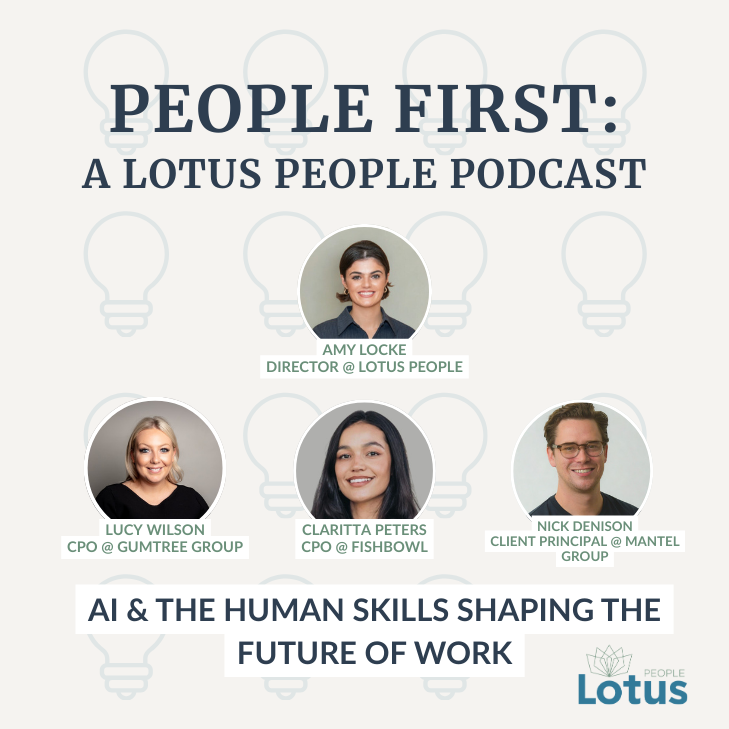In this day and age, companies are focusing more and more on creating a culture that will keep their employees motivated. We have a host of clients with long lists of benefits such as; additional leave, free snacks, free meals, exercise classes, additional superannuation etc and this helps to create a fantastic culture – but is this enough to retain employees and keep them engaged and productive day to day?
In a fascinating Ted Talk, Dan Pink speaks about the science behind motivation and how businesses can thrive by incorporating the learnings of science, rather than implementing policies and initiatives based on assumptions.
Dan tells us that Scientists who have been studying motivation have developed a new approach which is much more focused on intrinsic motivation rather than the traditional reward and bonus approach. It has been proven that people are motivated when they feel like they are in control and are a part of something important – Dan claims that this form of intrinsic motivation revolves around three elements; Autonomy – the urge to manage our own days/ lives, Mastery – the desire to get better and better at something and Purpose – the yearning to do what we do in the service of something larger than just us.
Rather than focusing on traditional rewards and incentives, businesses who involve their team in higher level decisions, strategy and big picture planning along with encouraging team members to manage their own day and their own workload whilst providing guidance and support as needed, will see employees thrive and grow and engage more actively with the business.
Here at Lotus People, as well as focusing on traditional extrinsic rewards, such as commission and incentives, we encourage staff to harness their intrinsic motivators and operate with autonomy and ownership; managing their own desks day to day on their schedule, knowing they have the support of peers and Directors as needed. The team are invested in the business (read some anonymous reviews from the team here!) whilst nurturing their own careers at the same time.
As Dan concludes, the secret to high performance isn’t rewards and punishment, but that unseen intrinsic drive – the drive to do things for their own sake and the drive to do things because you want to do them.
Watch the Ted Talk here. And find out more about Lotus People here.
You may also like...





